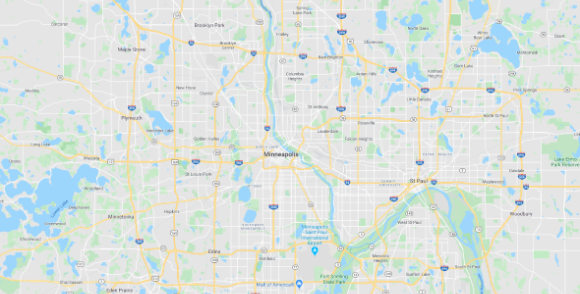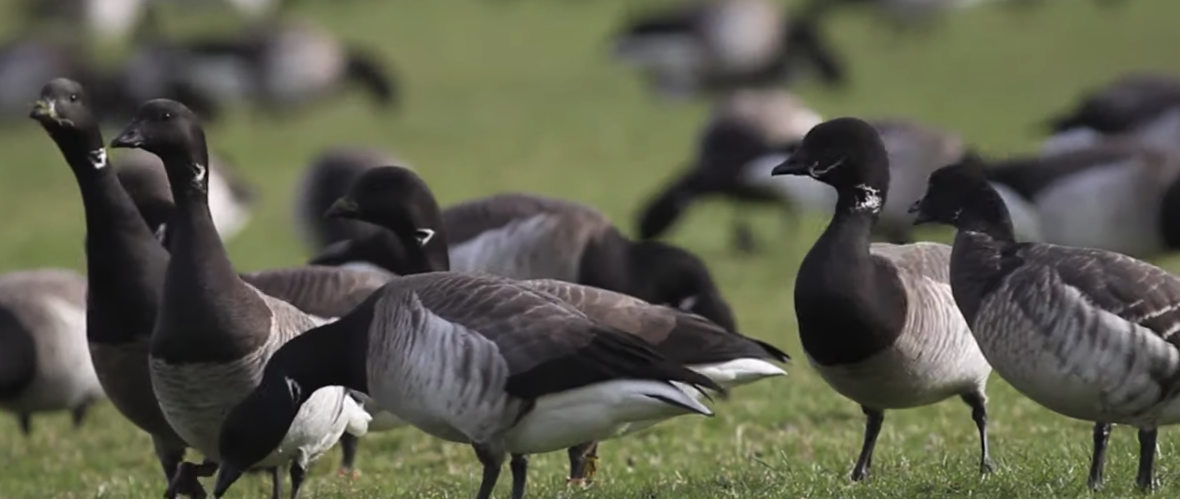- info@Minneapolisanimalattic.com
Call 24/7 for a free quote:
612-268-5381

Attic Animal Pest Minneapolis
We are Minneapolis Animal Attic, a full service wildlife removal company servicing Minneapolis, MN. If you are experiencing any kind of animal problem in your domestic or commercial property, our team of advisers should be your first point of contact for free wildlife control advice over the phone. If the problem is one that you can deal with yourself, then our team is available 24/7, and can give you some ideas on the steps that you can take. If you do want some professional help with the animal problem, our advisers can also give you an idea of the cost, and also arrange for one of our technicians to visit your property promptly. All of our team are trained to the highest and latest standards, and regularly take part in industry seminars, so you can be confident they can deal with the animal problem as efficiently as possible. Our comprehensive liability insurance will also give you peace of mind that our work will be completed to a high standard. For more information or a competitive quote for our high quality animal control work, call one of our team today! Call us now at 612-268-5381 for a solution to your wild animal problem.
About Pest Animal Minneapolis and Our Services:
Same-day or next-day appointments.
Thorough inspection of your property and attic.
Humane wildlife trapping and exclusion.
We repair wildlife damage and prevent re-entry.
We offer attic cleanup and sanitation services.
Specializing in wildlife only - no poisons.
Fully Minnesota licensed and insured.
Call 24/7 to schedule an appointment
Our Service Range

Our Service Range
Minneapolis, Brooklyn Park, Bloomington, Eden Prairie, Maple Grove, Plymouth, Minnetonka, Edina, Brooklyn Center, Richfield, St. Louis Park, Wayzata, Champlin, Hopkins, Golden Valley, Osseo, Rogers, Robbinsdale, Crystal, Excelsior, Mound, New Hope, Orono, Long Lake, Maple Plain, Minnetrista, Shorewood, Deephaven, Medina, Loretto, Spring Park, Dayton, Medicine Lake, Saint Bonifacius, Tonka Bay, Corcoran, Minnetonka Beach, Independence, Greenfield, Woodland, Greenwood, and more.Minneapolis Wildlife Removal Tip of the Month: Dangers of Animal Feces
Just as how the human feces are home to different pathogens, the animal feces can also present serious health hazards. Proper veterinary care and sanitation will help you avoid contracting disease from the poop of your pets. However, things will become a bit complicated if you have a nuisance creature in your property. They may carry heaps of zoonotic diseases that can sometimes cause serious diseases.

Possible Dangers of Minneapolis Animals Feces
You might probably think that only the fresh feces will pose threat to you. However, the parasitic eggs that are found in the poop of the animals will only be infectious few weeks after the defecation. This will give time for the feces to dry out and disintegrate that will contaminate the land and water reservoir. This increases the dangers of the animal feces.
Campylobacter and Salmonella
Animals that have been infected with Campylobacter or Salmonella will be immediately infectious. The infected animal can be diagnosed by inspecting their fecal matter. With Campylobacter, the younger Minnesota animals are the usual victims. They will develop diarrhea once infected and they can also transmit this disease to other animals and humans. Salmonella, on the other hand, will be able to affect all animals regardless of their age. They can acquire salmonellosis through the exposure to the contaminated foods and raw meats.
Giardia
Giardia is also a parasitic protozoon that lives in the intestine of the infected Minneapolis animal. Just like the other infectious diseases, giardia can be transmitted to humans. The animals can be infected once they ingested the feces of another infected animal. Contaminated water can also be a potent host of the infection. Giardiasis has different types depending on the genotypes and species. There are strains that will not affect humans. In order to identify the presence of giardia, a test known as Giardia ELISA will need to be conducted.
Toxoplasmosis
This is another zoonotic disease that can be transmitted through a parasitic protozoan known as Toxoplasma gondii. The primary hosts of this disease are feline creatures. They can be infected if they ate an infected prey. Other animals, such as humans, are considered as intermediate host for this pathogen. This means that the parasite cannot produce sexually once they are infected. It will turn into a dormant cyst that will be found in the nervous and muscles tissue.
Roundworms
Another alarming parasite found in the feces of the wild animals such as raccoons would be roundworms. They are neurotropic that can cause severe injury to the brain of its host. Once the fecal matter of the animal has been disturbed, the roundworms will be carried into the air that you can accidentally inhale. The roundworms are highly resistant parasite that can survive for years that will cause long-term contamination.
These pathogens that can be found in the feces of the wild animals are simply some of the reasons why it is dangerous to touch or to breathe the fecal matter. When cleaning feces, be sure to wear gloves and face mask to protect yourself from these zoonotic diseases.

